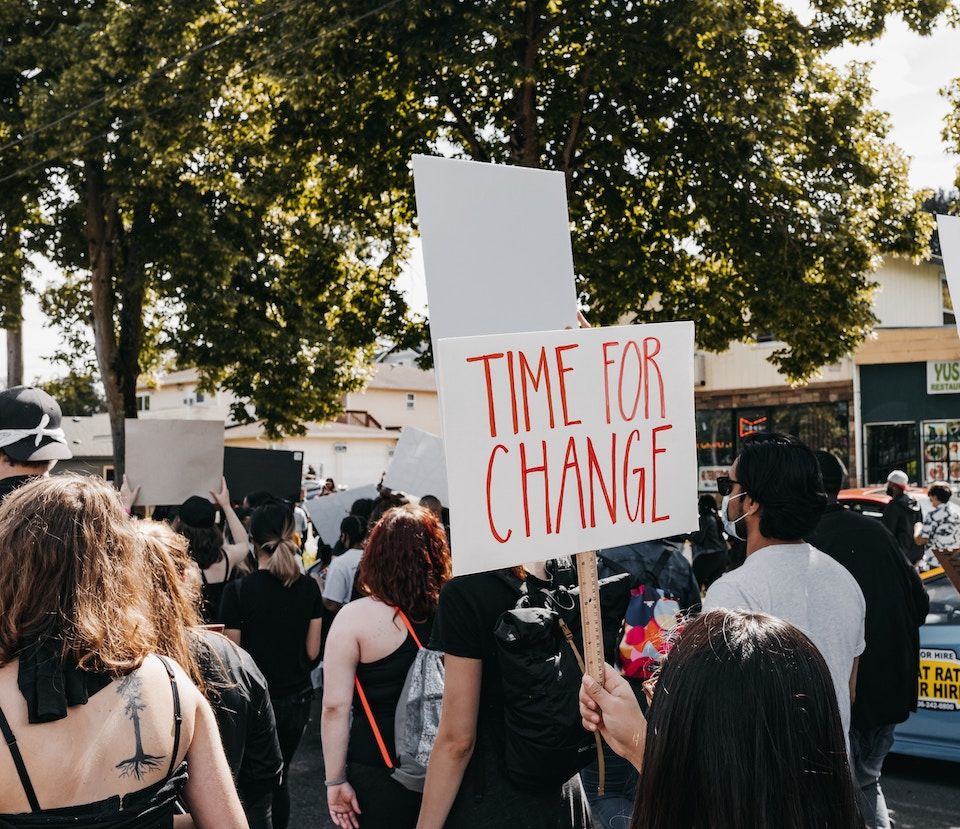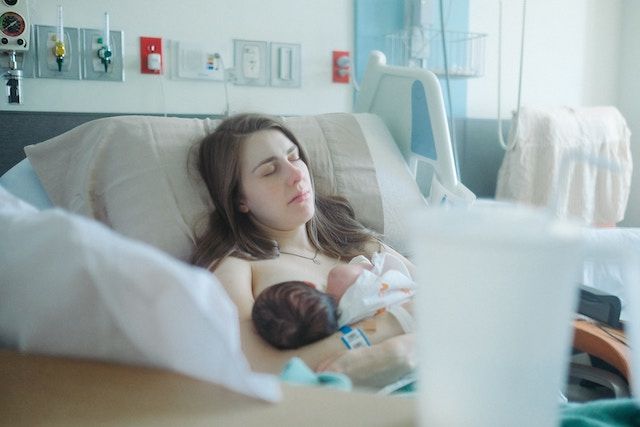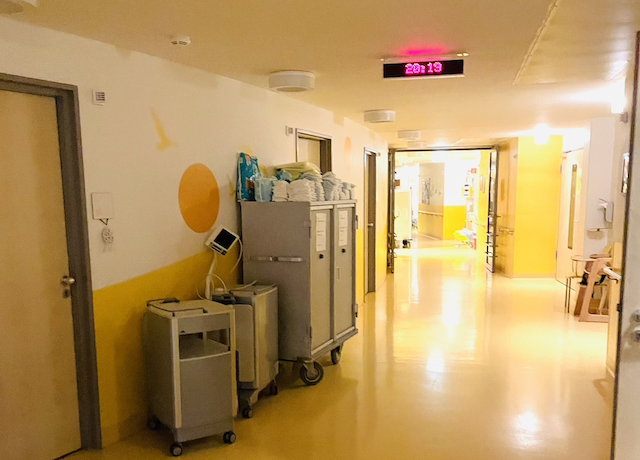Queensland Midwives Rally for Maternity Safety
Midwives in Queensland rally at parliament, demanding urgent funding to address a severe crisis in maternity wards. They call attention to unsafe conditions, impacting the wellbeing of mothers and infants.
Midwives across Queensland are in the midst of what they are referring to as a maternity crisis, triggering a call for immediate intervention. A recent demonstration at the state parliament marked their response to alarming conditions they say are threatening the health and safety of mothers and infants in maternity wards.
The Rally and the Crisis
Led by the Queensland Nurses and Midwives' Union (QNMU), the rally aimed to draw attention to a severe shortage of midwives in the state's maternity inpatient wards. Midwives, members of the QNMU, as well as those from the Australian College of Midwives and midwifery practice My Midwives, are calling for action to address a system that they argue has reached a breaking point.
According to a safety audit conducted by QNMU, some midwives were found to be responsible for up to 20 mothers and babies at once, a ratio that clearly signifies an overburdened system.
 Photo by Duncan Schaffer
Photo by Duncan Schaffer
Kate Veach, the secretary of the QNMU, forcefully articulated the growing concerns, stating that the workloads in Queensland maternity wards were "unsafe and cannot continue."
The situation is even more dire in regional areas where some hospitals, like those in Chinchilla and Gladstone, have become so understaffed that maternity wards have been put on "bypass," forcing patients to seek care elsewhere.
Alison Weatherstone, the chief midwife at the College of Midwives, stressed the inconsistency in access to maternity care close to home, terming the failure to act as a neglect of "the safety and wellbeing of Queensland mothers, babies, and the midwives who care for them."
Among their demands, the rallying midwives are urging for a portion of the $42 million state budget funds set aside for birthing services to be specifically directed toward midwives. They have called for the introduction of ratios in maternity inpatient wards, public funding for home births, a statewide workforce plan, and immediate funding to support the expansion of access to midwifery group practice.
The Queensland government had previously promised to spend $42 million on rural and regional maternity services, with some of the money being allocated to train 20 General Practitioners (GPs) in obstetrics and gynaecology. However, the union laments that no money has been earmarked for midwives.
The cries of concern by the state’s midwives are not new. Experts have been sounding alarms about Queensland's maternity system for years. The current call to action reflects an urgent need to address a system that appears to be at the brink of collapse.
The focus on immediate and appropriate funding, along with a strategic approach to ensure safety, access, and proper care, underlines the crucial role that midwives play in the health system. The demand is clear: Queensland’s midwives must not only be heard but also respected and supported.
The call by Liz Wilkes, managing director of My Midwives, encapsulates the urgency of the situation: "Every woman who gives birth in Queensland receives care from a midwife. Having that midwife be a known midwife should be a priority."
With the state government's response awaited, the midwives' rally in Queensland serves as a stark reminder of the essential and often undervalued role that these professionals play in ensuring the welfare of mothers and babies. The situation calls for a thoughtful and immediate response, not only in Queensland but perhaps as a model for addressing similar concerns elsewhere.
Source: ABC News





